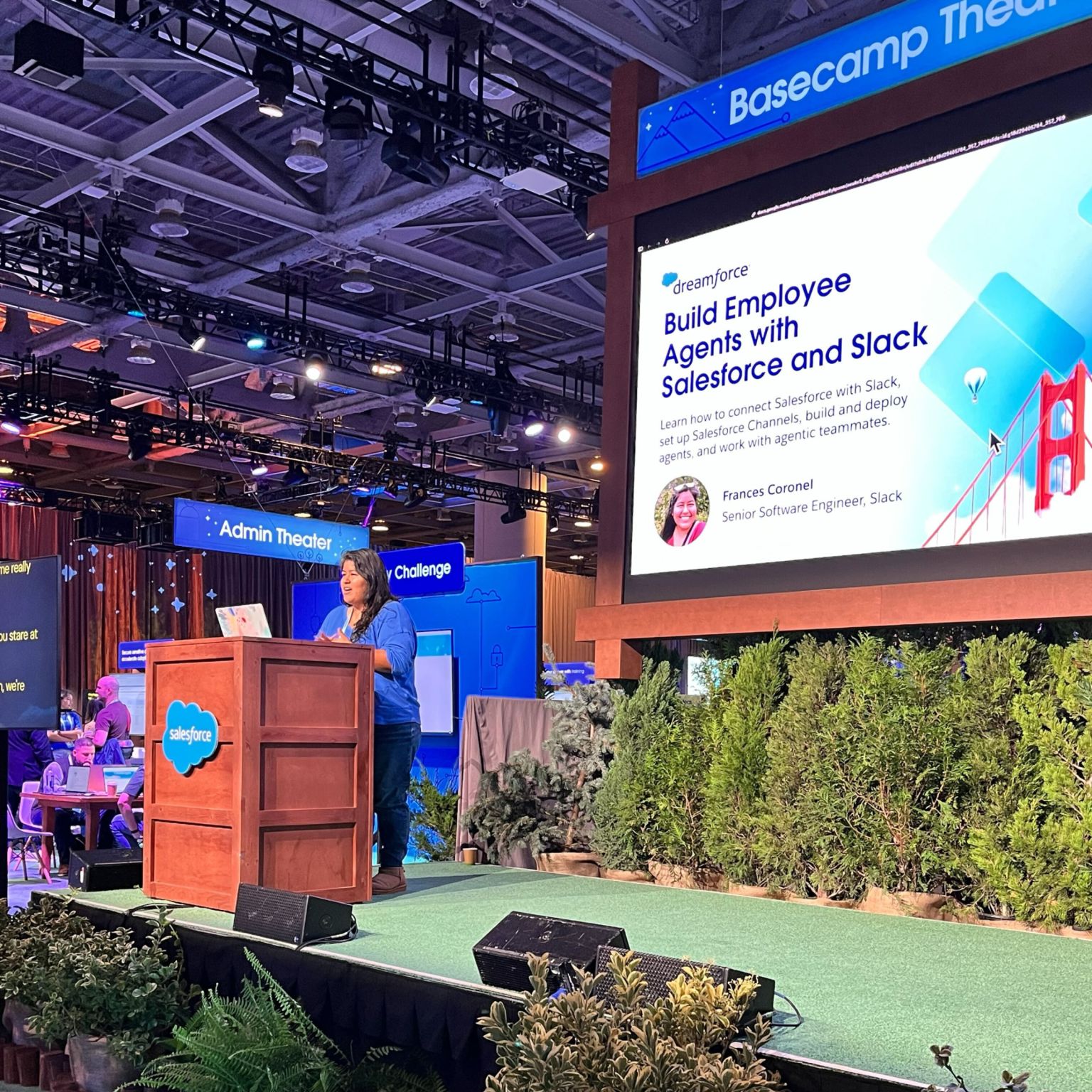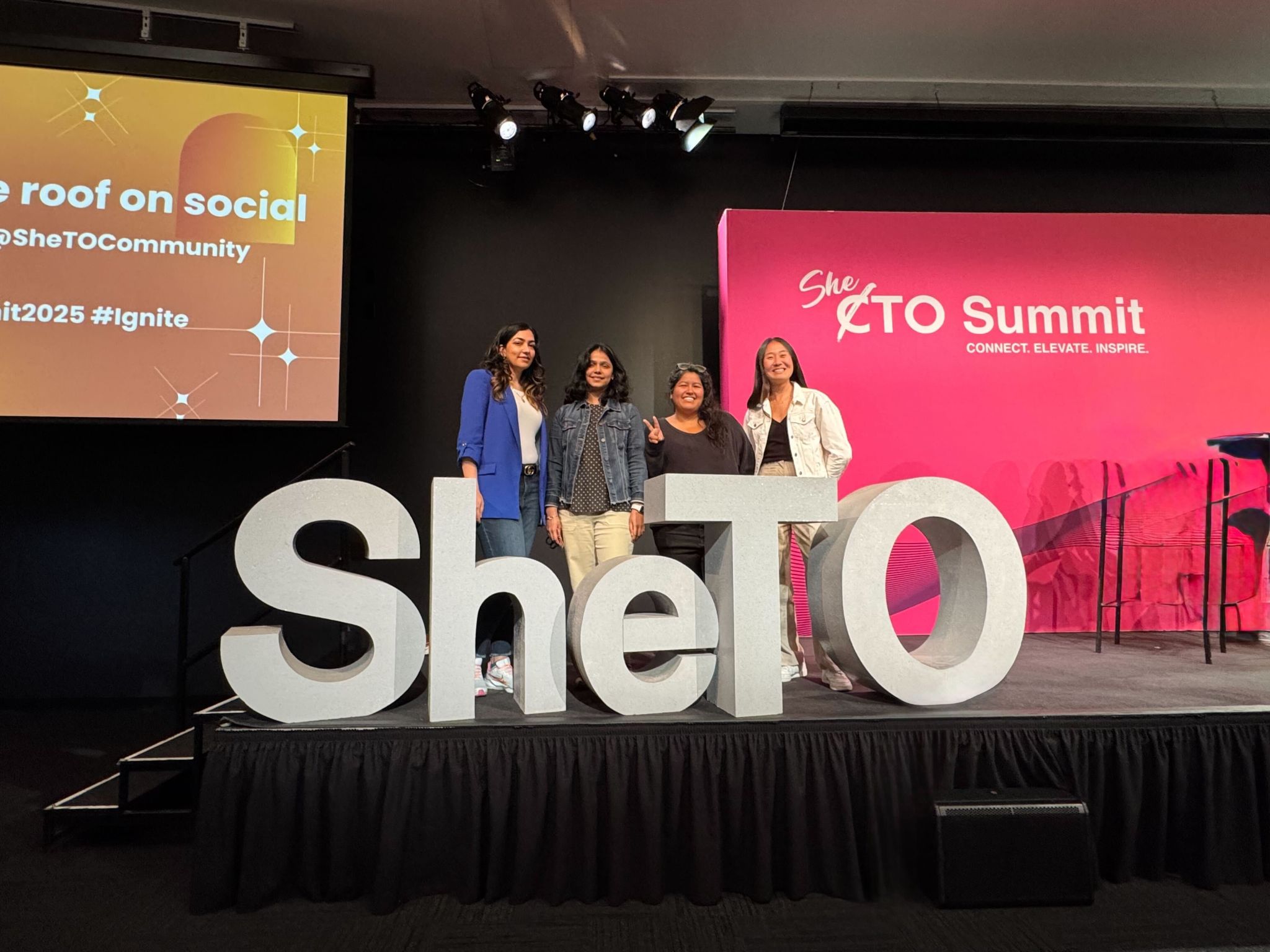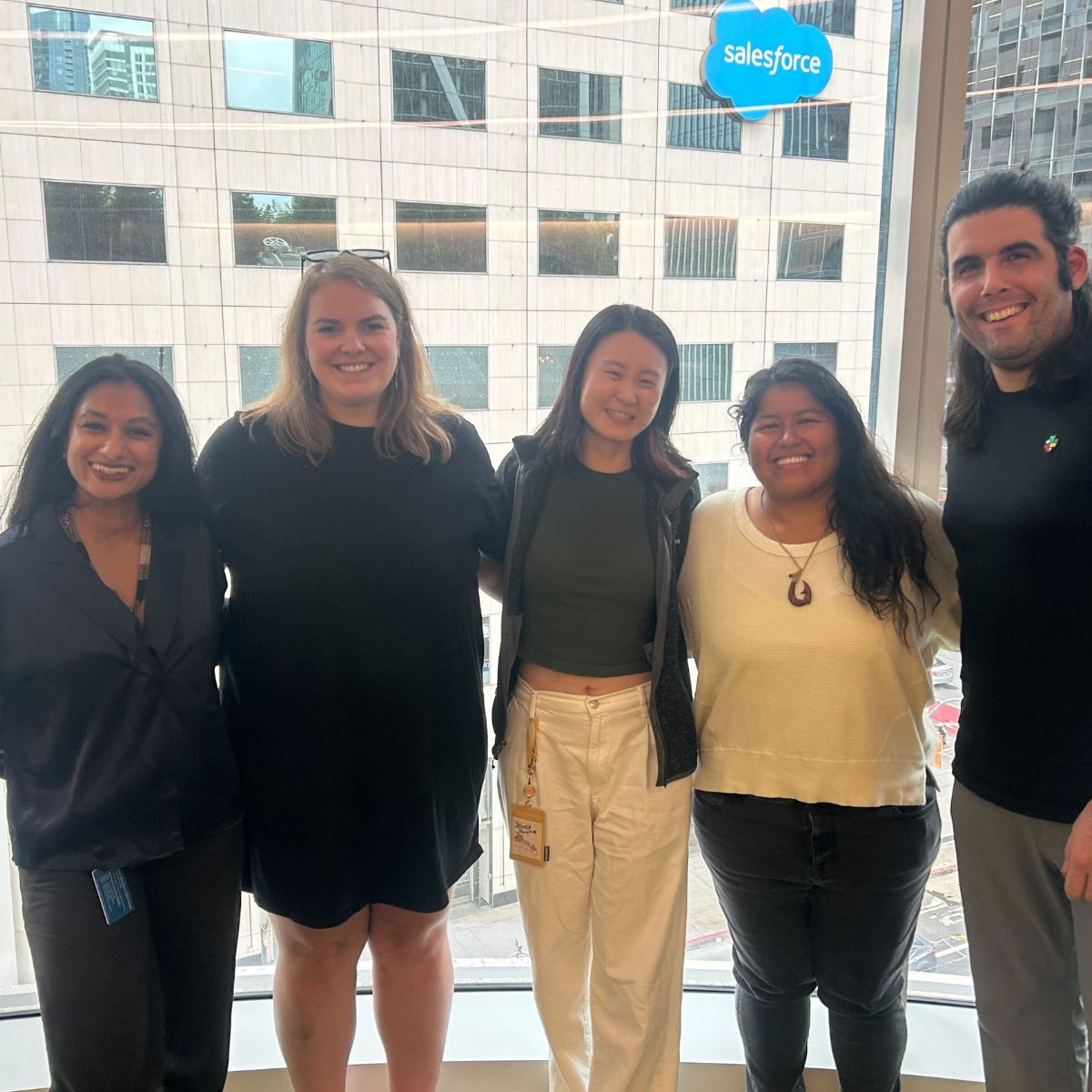Episode 1. An Introduction

Why I decided to start this podcast.
Recording
Overview
Hello and welcome to the Tech Queens podcast, a podcast focused on featuring stories and advice from women of color in tech. 👑
In this brief episode, I cover why I decided to start this podcast and what kind of topics it will be covering. 💬
I released this episode on Friday, March 8th in celebration of International Women’s Day. 🎉
References and links can be found on the website at techqueenspod.com/episode-1.
If you’re interested in being on the podcast yourself, just head on over to techqueenspod.com and fill out the contact form near the bottom. It doesn’t matter where you are in your tech journey - whether you’re just starting out or you’re the CTO of a Fortune 500 company - I want to hear from you and I want to share your story.
Music from Jukedeck - create your own at jukedeck.com
Transcript
Intro
Hello and welcome to the Tech Queens podcast, a podcast focused on featuring stories and advice from women of color in tech. In this brief episode, I cover why I decided to start this podcast and what kind of topics it will be covering.
So after listening to a lot of different tech or developer podcasts, I realized a pretty disappointing trend - most of the hosts were white guys. And the folks being featured or interviewed or just doing most of the talking, in general, were also white guys. Overwhelmingly so.
But you know, instead of deciding to complain about the lack of good tech podcasts with hosts and interviewees that identify as people of color or even women of color as I normally would - I instead decided to start my own.
Lo and behold, here we are in Tech Queens, a podcast that focuses on the stories and advice shared by women of color in tech.
Now, why focus on women of color?
Well, as you probably already know, the lack of diversity in tech has been very well-documented and reported thus far.
So well documented, in fact, that when it comes to women of color in tech specifically, we can see how terribly dismal and depressing the numbers are.
Let me drop some of those stats for you.
So in 2015, according to the National Center for Women & Information Technology, 25% of the computing workforce was female.
Of that 25% pool, 16% identified as white, 5% identified as Asian, 3% identified as black and only 1% identified as Latina.
In other words, if you do not identify as a white woman in tech, you should share your story on Tech Queens.
Let me share some more stats taken from the Women of Color in Computing collaborative, an organization dedicated to researching and highlighting strategies that will increase the participation and persistence of women of color in the technology ecosystem.
In 2016, Black, Latinx, and Native American women earned just 10% of the Bachelor’s degrees in computing.
In 2017, of all the students taking the AP Computer Science A exam, only 7% identified as Black, Latinx or Native American/Alaskan Native girl and in that same year, underrepresented women of color received less than 1% of all venture funding and represented only 1% of all venture professionals.
In 2018, less than 1% of Silicon Valley tech leadership positions were held by Latinx women and less than 0.5% were held by Black women.
But despite all these facts, less than .1 percent or $335,000 of philanthropic giving was focused on specifically reaching women of color in tech according to the results of a 2017 survey by McKinsey that 32 leading tech companies that generate over $500 billion in revenues and give about half a billion towards philanthropic efforts.
All these stats serve as part of the reason this podcast will exclusively serve to highlight thriving women of color in tech and inspire or encourage others to enter the industry and thrive themselves so they too can leverage their unique skills and perspectives for technological innovation and social change in the workplace of the future.
Why is it important to get women of color interested? Isn’t the tech industry prospering fine just as it is?
When I hear this question, my response often boils down to one main argument - equality.
So equality wise - regardless of whatever statistics and numbers you look at, it’s very clear that the technology field is one of the leading growth industries in the US. Not only is the industry expected to grow by $2.4 trillion between 2014 and 2024 but it is also expected to add nearly 700,000 jobs (Wolf and Terrell 2016). The average salaries are over double the national average (Bureau of Labor Statistics 2018). And the perks offered to even an entry-level employee are vastly better when compared to almost every other industry.
The industry is also just very powerful - cloud computing, quantum computing, biotech, nanotech, big data, machine learning, drones - in the near future, all these have technologies will be embedded into our everyday lives and the creators of these technologies will be able to have a huge impact on those lives are managed. Humans wield incredible power - the power to transform, to destroy and to create again. The question now is - do we want a small group of the population to be able to wield that power? I think not.
To summarize this all a bit better, I’d like to quote Fei-Fei Li who is currently a CS professor at Stanford and the co-founder of AI for All, a nonprofit educating the next generation of technologists, thinkers and leaders.
I quote “If we don’t get women and people of color at the table — real technologists doing the real work — we will bias systems. Trying to reverse that a decade or two from now will be so much more difficult, if not close to impossible. This is the time to get women and diverse voices in so that we build it properly, right? And it can be great. It’s going to be ubiquitous. It’s going to be awesome. But we have to have people at the table.” End quote. Okay, so that is the equality argument.
Alright, now that you understand the why - let’s talk about the who. Who the hell am I? Why am I qualified to talk about this?
The term “unicorn” was coined in the tech industry because researchers found that the statistical likelihood of a tech startup becoming valued at 1 billion dollars or more is about 1%.
And it just so happens that the Bureau of Labor reported in 2016 that only 1% of women in tech identify as Latina.
So now you can see how one can be a unicorn or a Latina software engineer such as myself and can work for another unicorn like the enterprise startup Slack - which is currently worth well over 1 billion dollars.
However, I have no desire for the situation to remain this way as my existence in tech shouldn’t have to be this rare and magical event.
Instead, I’d like to band together with other unicorns so that we can lead, influence and inspire the next generation of minority women to not just break into but also prosper.
Together, I believe we can transform ourselves from these mythical creatures to the more common but magnificent stallions.
So when will I be hosting this podcast?
Every 2 weeks minus most holidays and weeks where I’m just too busy tbh.
What will the format of the podcast look like?
The format for each 1-hour session is meant to be more serious and personal than most but ideally, we always end it a bit more light-heartedly.
Some of the topics I want to discuss will include the challenges or obstacles you’ve faced, what strategies you’ve used to overcome these obstacles, any advice you want to share with others and ultimately your thoughts on we can make the tech industry a better place for everyone.
Beyond these main questions, I also want each listener to leave the episode with useful and mini takeaways.
For example, a useful app or platform that helped you grow in your career, organizations or affinity groups you would recommend and how people can reach out to you in order to grow their own network of thriving women of color in tech.
Outro
And that’s it!
Thanks for listening and please feel free to share or subscribe to the Tech Queens podcast.
References and links from today’s episode will be shared on the website.
And if you’re interested in being on the podcast yourself, just head on over to techqueenspod.com and fill out the contact form near the bottom.
It doesn’t matter where you are in your tech journey - whether you’re just starting out or you’re the CTO of a Fortune 500 company - I want to hear from you and I want to share your story.
So until next time, stay fancy!
#TechQueens
References
- AI4ALL
- CNET - Tech industry is leaving behind women of color, report shows
- Kapor Center - The Leaky Tech Pipeline
- McKinsey - Closing the tech gender gap through philanthropy and corporate social responsibility
- Medium - freeCodeCamp - Why we desperately need women to design AI
- NCWIT - National Center for Women & Information Technology
- Rebooting Representation
- USA Today - Obstacles facing women of color in tech are steep, and surmountable
- Women in AI by Frances Coronel
- Women of Color in Computing Research Collaborative






